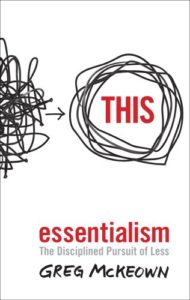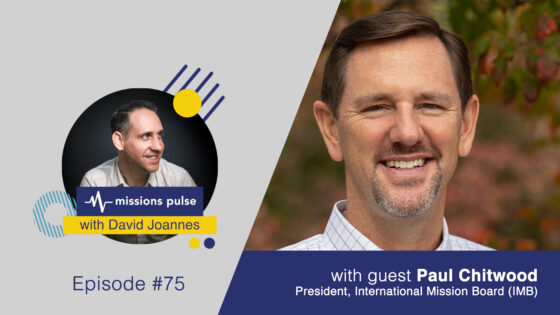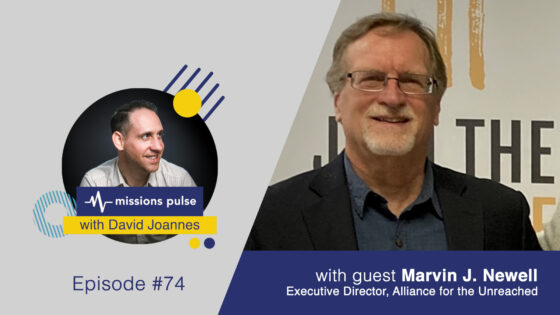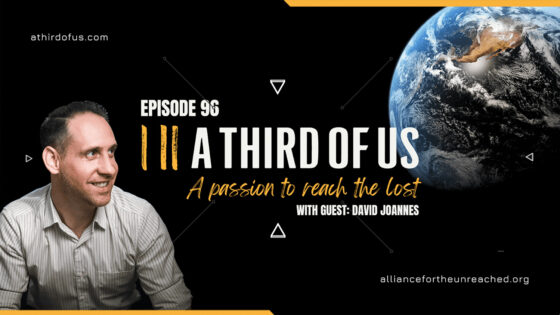
Date read: 07.14.2017. How strongly I recommend it: 7/10.
Essentialism: The Disciplined Pursuit of Less by Greg McKeown on Amazon.
See my Kindle highlights here.
TARGET AUDIENCE
Passionate up and coming leaders. Scatterbrained masterminds. Multitasking world changers. Creative geniuses who find it impossible to manage their time. This book powerfully draws readers from across numerous demographics, with a promise from the author: “This book will show you how to live a life true to yourself, not the life others expect from you. It will teach you a method for being more efficient, productive, and effective in both personal and professional realms. It will teach you a systematic way to discern what is important, eliminate what is not, and make doing the essential as effortless as possible.”
CONTENT QUALITY
Two quotes succinctly sum up this book. The first from Socrates: “Beware the barrenness of a busy life.” No less poignant and perspicuous are these words from Lin Yutang: “The wisdom of life consists in the elimination of non-essentials.” How often have I overlooked such simple truth, absentmindedly drifting and diverging from the thing I was created to do? “Instead of making just a millimeter of progress in a million directions he began to generate tremendous momentum towards accomplishing the things that were truly vital.” Is the author describing me personally? He hits it on the head with that one. The content, although tending toward redundancy as the chapters progress, was in the very least meritorious.
MESSAGE CLARITY
There was no mistaking the message. It was crystal, lucid, unmistakable. It was this: “Only once you give yourself permission to stop trying to do it all, to stop saying yes to everyone, can you make your highest contribution towards the things that really matter.” The word “essentialism” may have the tendency to evoke images of Henry David Thoreau, of the simple life, or of the renouncement of modernity. The author is adamant that this is not his point: “This book is not about going back to some simpler time. It’s not about eschewing e-mail or disconnecting from the Web or living like a hermit. That would be backward movement. It is about applying the principles of ‘less but better’ to how we live our lives now and in the future. That is innovation.”
CREATIVE STYLE
I enjoyed the recurring duality in this book. The entire book is a juxtaposition, a contrast, a fight-dance between dragon and phoenix, or more aptly, between essentialists and non-essentialists. The author reveals the fallacy of a jack of all trades and master of none. He encourages the reader to ignore all that is not essential, to keep the main thing the main thing. The technique with which the author stated these things does, of course, reveal the Western mentality. Individualistic societies will benefit from this book. Individuals from communal cultures may leave scratching their heads at this paradigm. From my vantage point of a global traveler (living in Asia for the last 20 years) I see the downfalls of some of the author’s statements. Still, there is much value to be gained here. I like the aspect of exploration that the author talks about: “Whereas Nonessentialists commit to everything or virtually everything without actually exploring, Essentialists systematically explore and evaluate a broad set of options before committing to any. Because they will commit and ‘go big’ on one or two ideas or activities, they deliberately explore more options at first to ensure that they pick the right one later.”
LANGUAGE SELECTION
The author includes thoughts and quotations from a wide array of recent books and authors (The Power of Habit, Outliers, etc), and in my opinion, discredits himself in the process. The reason: much of this book is regurgitated content from other, more well-written books—thus the reason for the low 10 point rating. Still, the author is articulate and his message compelling. It simply became a bit too redundant for my taste. The author’s following words express his message and language selection well: “Essentialists spend as much time as possible exploring, listening, debating, questioning, and thinking. But their exploration is not an end in itself. The purpose of the exploration is to discern the vital few from the trivial many.”
OVERALL IMPACT
One particular graph impacted me more than anything else in this book. The image of energy evenly displaced from the central circle describes me all too well. I was challenged to focus all my energy, giftings, and calling into one direction to see a greater impact. Here’s what the author says about the whole point of this book: “Essentialism is not about how to get more things done; it’s about how to get the right things done. It doesn’t mean just doing less for the sake of less either. It is about making the wisest possible investment of your time and energy in order to operate at our highest point of contribution by doing only what is essential.” The first part of this book impacted me tremendously. However, the more I read the more redundant it became. His point was excellent but the overall book was good, not great. I will, however, leave you with one final impactful sentence: “As we rid ourselves of the nonsense of Nonessentialism and replace it with the core logic of Essentialism, the way of the Essentialist becomes natural and instinctive.”

10 POINT RATING
I give Essentialism a 7/10.


